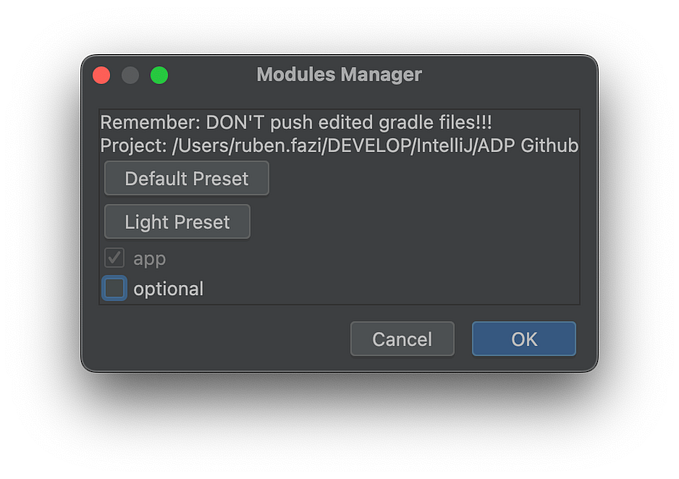You're reading for free via Android Dev Nexus' Friend Link. Become a member to access the best of Medium.
Member-only story
@JvmField Annotation in Kotlin
Simplifying Interoperability with Java — Part 2

Here’s a special treat for our non-Medium members: we’re offering free access to this blog! Just follow this link — because your curiosity and passion for coding should never be limited! 😉😉
👻 Hello dear Kotlin witches and warlocks! 🎃
As the moon rises and the shadows grow longer, it’s time to brew up another magical potion from the depths of Kotlin’s spellbook. Today, we summon the powers of @JvmField! 🧙♀️ This little-known incantation can turn your Kotlin properties into fields that even Java can access without chanting "getter" or "setter" spells.
Ready to conjure up some field magic? Let’s begin… 👻
Example with Data Class and @JvmField
Let’s summon a Kotlin data class that we want to expose to Java. Normally, Kotlin automatically generates getter and setter methods for each property.
data class User(
var name: String = "Agatha",
val age: Int = 550
)When this Kotlin code is compiled to Java bytecode, it generates:
public class User {
private String name = "Agatha"; // Backing field for `name`
private final int age = 550; // Backing field for `age`
// Getter for `name`
public String getName() {
return this.name;
}
// Setter for `name`
public void setName(String name) {
this.name = name;
}
// Getter for `age`
public int getAge() {
return this.age;
}
}var properties) and a private field with the same name as property (properties with backing fields) in JavaThus in Java, we would have to access these properties via generated methods, not the private field:
// Java code
User user = new User();
System.out.println(user.name); // compile error
// Accessing via getter
System.out.println(user.getName());
// Setting via setter
user.setName("Wanda");Is there any way to do this without getters and setters — just like traditional public fields in Java?
With @JvmField
data class User(
@JvmField var name: String = "Agatha",
val age: Int = 550
)Now in java, we can access these fields without using getter and setter methods.
// Java code
User user = new User();
// Accessing directly
System.out.println(user.name);
// Setting directly
user.name = "Wanda";💡Here compiler will not generate getter and setter methods for the field.
Are there any cases where we shouldn’t use @JvmField?
Like any good spell, you should use @JvmField wisely. Here are some scenarios where you might want to avoid it:
- Custom Getters/Setters — Since
@JvmFielddisables the automatic generation of these methods. - Maintain control over access —
@JvmFieldexposes the property as a public field in Java, breaking encapsulation. - No Lateinit or Delegated Properties
Here’s the Part 1 of our series.
⭐ Got any topic requests? We’re all ears! 👂 Feel free to send us topic requests at droid.dev.nexus@gmail.com or hit us up in the comments — we post new blogs daily! 🧑🏻💻 ⭐ ️
Found this helpful? Give it a spooky clap 👏 or brew us a potion here! 🧙♂️🍵 And don’t forget to summon your favourite Kotlin topics in the comments below! 🎃🕸️👻
Until then Happy coding! 💻🎉








